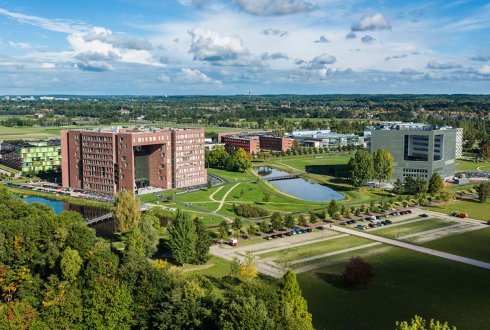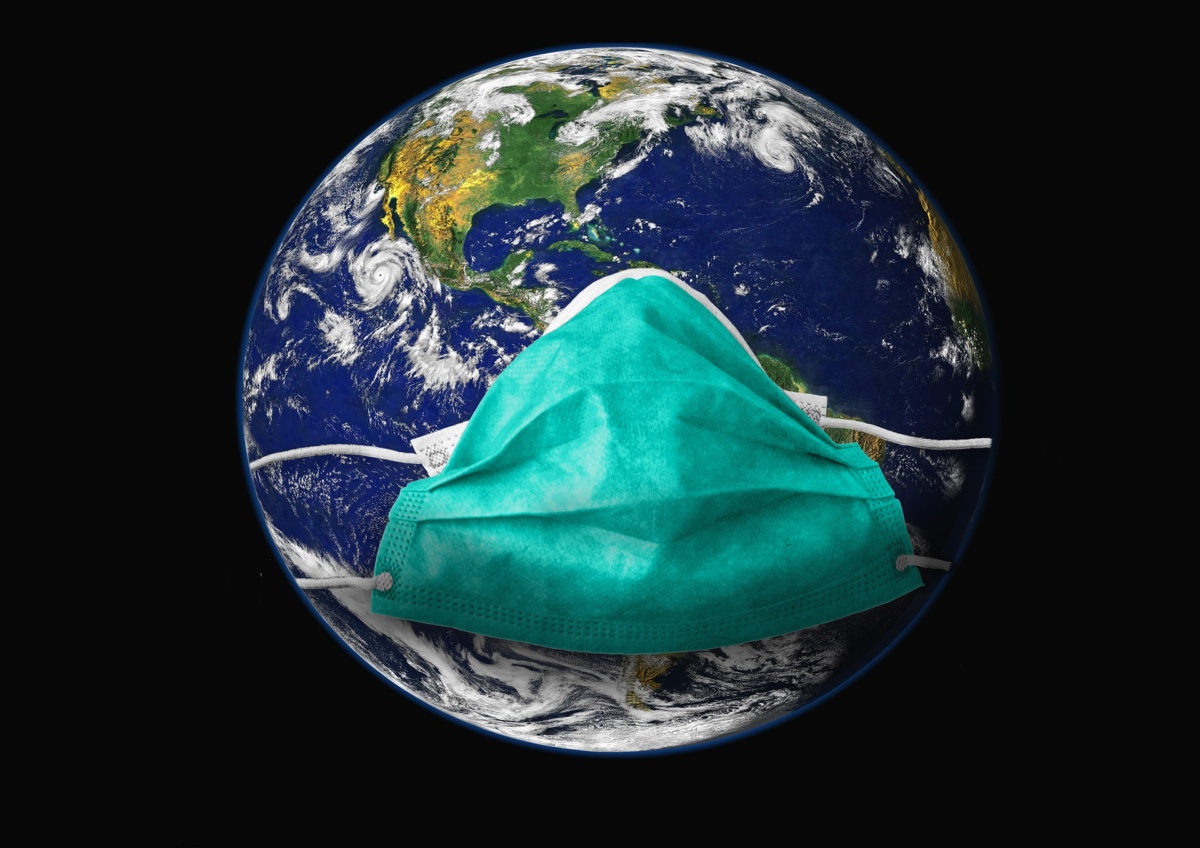Several WEGO member have contributed to a highly visible Manifesto by Dutch Academics that has been circulating in the highest circles in The Netherlands. One key question that people are interested in is the ‘how’ question: how to go about implementing the five proposals in the Manifesto. Together with many other communities, in the Netherlands and globally, the authors of the Manifesto believe the time is right for such a positive and meaningful vision going forward. The Manifesto urges politicians, policy-makers and the general public to start organizing for their implementation sooner rather than later.
- The Netherlands-based scholars working on issues around development have put forward five key policy proposals for a post-COVID-19 development model, all of which can be implemented immediately and sustained after this particular crisis has subsided:
- 1) a move away from development focused on aggregate GDP growth to differentiate among sectors that can grow and need investment (the so-called critical public sectors, and clean energy, education, health and more) and sectors that need to radically degrow due to their fundamental unsustainability or their role in driving continuous and excessive consumption (especially private sector oil, gas, mining, advertising, and so forth);
- 2) an economic framework focused on redistribution, which establishes a universal basic income rooted in a universal social policy system, a strong progressive taxation of income, profits and wealth, reduced working hours and job sharing, and recognizes care work and essential public services such as health and education for their intrinsic value;
- 3) agricultural transformation towards regenerative agriculture based on biodiversity conservation, sustainable and mostly local and vegetarian food production, as well as fair agricultural employment conditions and wages;
- 4) reduction of consumption and travel, with a drastic shift from luxury and wasteful consumption and travel to basic, necessary, sustainable and satisfying consumption and travel;
- 5) debt cancellation, especially for workers and small business owners and for countries in the global south (both from richer countries and international financial institutions).
The English text is now online via https://www.thebrokeronline.eu/in-this-rocky-boat-together/; and the manifesto has been translated into Swedish, German, Spanish, Catalan, French and been in the news in many countries (like in Spain: http://esferapublica.org/nfblog/planificacion-post-corona-cinco-propuestas-para-construir-un-mundo-radicalmente-mas-sostenible-e-igualitario/ and Chili: https://www.elclarin.cl/2020/04/23/holandeses-avanzan-en-el-escenario-pospandemia-y-proponen-un-modelo-economico-basado-en-el-decrecimiento/);
Within The Netherlands there is now a lot of support for the manifesto including ecologists, plant scientists, epidemiologists, economists and others. Here is where the manifesto has been circulating among industry and policy circles:
- Dutch drinking water companies have supported the manifesto (https://www.duurzaam-ondernemen.nl/nederlandse-drinkwaterbedrijven-pleiten-samen-met-de-waterschappen-voor-fundamentele-hervormingen/ and now also argue for fundamental changes: https://www.trouw.nl/duurzaamheid-natuur/watersector-pleit-voor-duurzame-hervorming-mateloos-je-tuin-sproeien-kan-niet-meer~b6cb3676/);
- Media attention on Al Jazeera and the European Environmental Bureau also supports the manifesto (https://meta.eeb.org/2020/04/23/dutch-academics-viral-proposal-for-post-pandemic-prosperity/)
- Grand Café Utopie in Den Haag (https://www.utopie.nl/p/grand-cafe/begin.php) organized an online discussion evening about the manifesto tonight:https://www.utopie.nl/p/posts/online-discussie-avond—manifest-van-170-wetenschappers-387.php; over 80 people joined online and we had a great discussion;
- The ‘World community for Christian Meditation’ (WCCM) even wrote a piece to support the manifesto: http://acontemplativepath-wccm.org/2020/04/30/a-contemplative-view-on-post-corona-times/;







